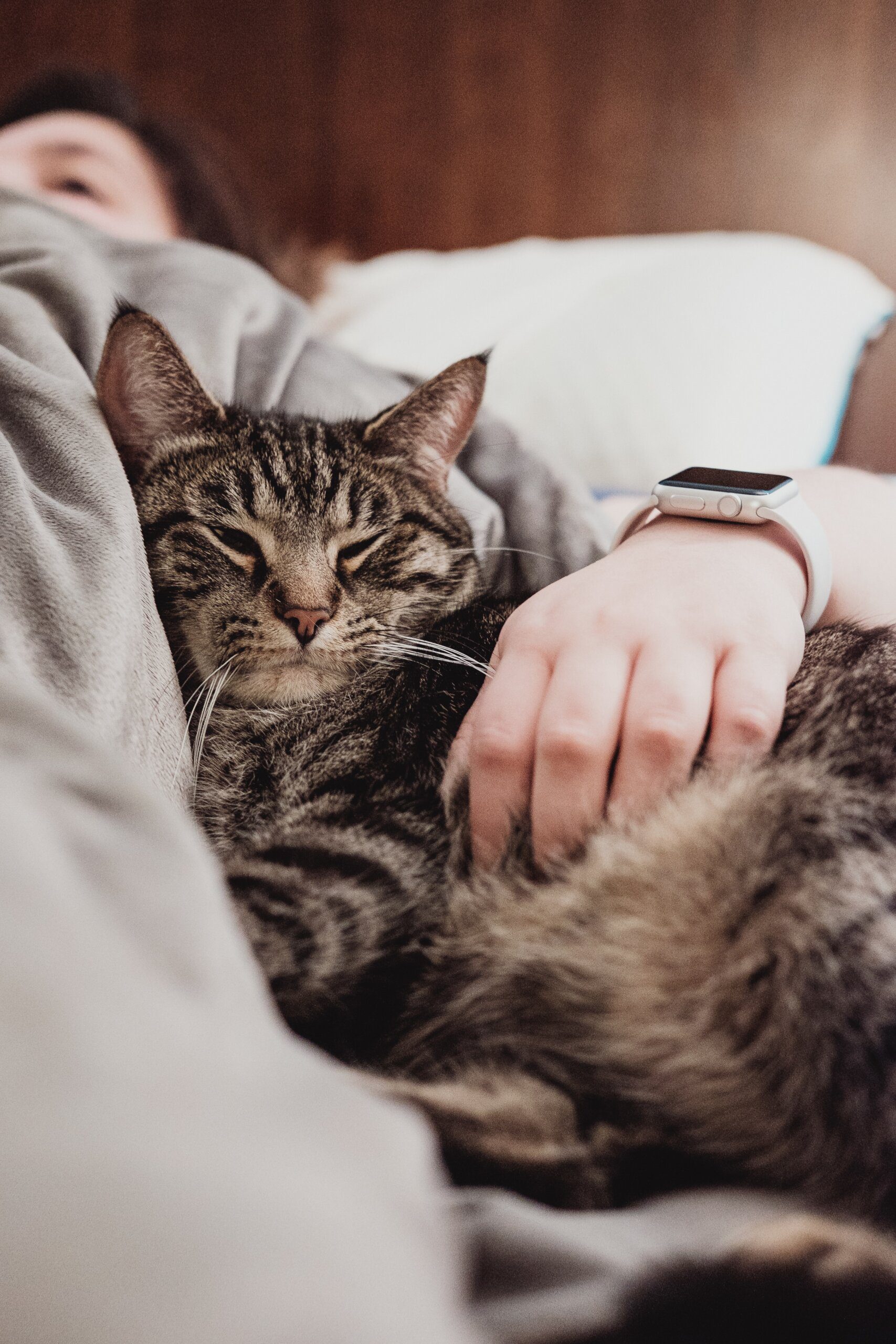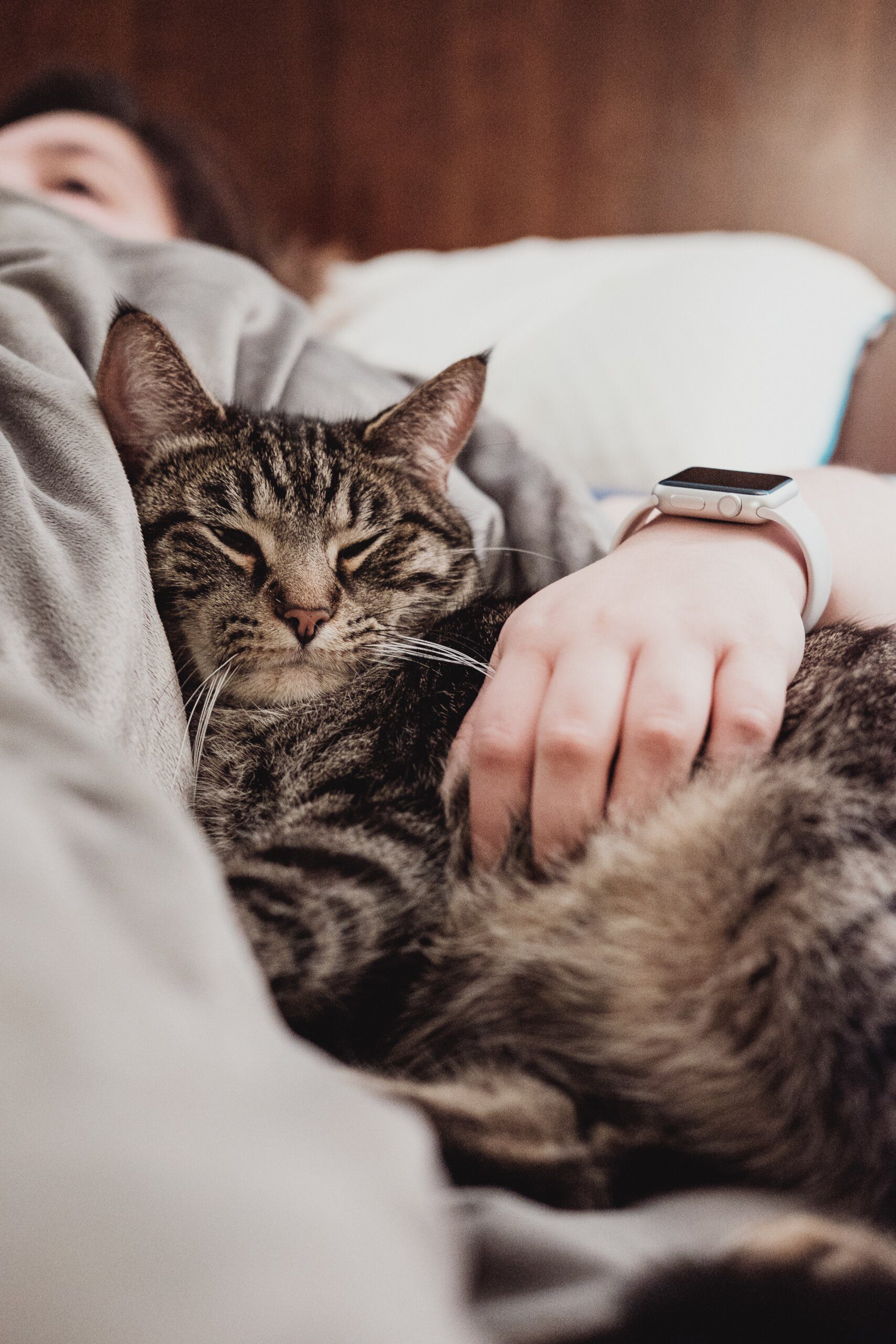So you’re thinking about adding a capybara to your family? Well, you’re in for a unique and exciting adventure! In this article, we will provide you with some essential tips on how to own a capybara as a pet. From understanding their special needs to creating the perfect living environment, we’ve got you covered. So buckle up and get ready to embark on a wonderful journey with your new furry friend!

Physical Requirements
Space
When considering owning a capybara as a pet, it’s essential to ensure you have enough space to accommodate their physical needs. Capybaras are large rodents and will require a significant amount of space to move around comfortably. A spacious yard or access to a suitable outdoor enclosure is ideal for their natural behavior and exercise requirements.
Water
Capybaras are semi-aquatic animals and require access to water at all times. A small pool or a large, shallow pond in their enclosure would be perfect for them to swim and soak in. It’s important to maintain clean water to prevent any health issues.
Temperature
Capybaras are native to the tropical regions of South America, so they thrive in warm environments. It is crucial to provide them with a temperature-controlled area where they can seek shelter from extreme heat or cold. Ensure their enclosure has appropriate heating or cooling measures to maintain a comfortable temperature for your capybara.
Social Environment
Capybara Companions
Capybaras are social animals and thrive in the company of their own kind. It is highly recommended to have at least one other capybara as a companion for your pet. If you cannot provide this, be prepared to spend a significant amount of time interacting with them to fulfill their social needs.
Interaction with Humans
Capybaras can develop strong bonds with their human caregivers if given regular attention and affection. Spending quality time with your capybara through gentle petting, talking, and playing will help strengthen your relationship and provide mental stimulation for them.
Introducing to Other Pets
If you have other pets in your household, it’s crucial to introduce them to your capybara gradually and under supervision. Not all animals may be compatible with capybaras, so it’s essential to ensure the safety and well-being of all pets involved.

Feeding and Nutrition
Vegetarian Diet
Capybaras are herbivores and have a strictly vegetarian diet. It’s important to provide them with a well-balanced diet that primarily consists of fibrous vegetation. Avoid feeding them any animal products to maintain their optimal health.
Fresh Produce
Include a variety of fresh fruits and vegetables in your capybara’s diet. Leafy greens like lettuce, kale, and spinach are excellent choices. Additionally, offer them a range of fruits such as watermelon, apples, berries, or oranges. Ensure the produce is fresh and free from any pesticides or harmful chemicals.
Supplements
Your capybara may benefit from certain supplements, such as vitamin C, which is essential for their overall health. Consult with a veterinarian experienced in exotic pet care to determine if any supplements are necessary for your capybara’s specific needs.
Food Portions
Capybaras have a large appetite, so it’s important to provide them with ample food portions. Offer them food throughout the day, predominantly consisting of fresh vegetation and small amounts of fruits. Monitor their weight and adjust the portions accordingly to ensure a healthy body condition.
Housing and Enclosure
Indoor or Outdoor
Providing both indoor and outdoor access is ideal for capybaras. Indoor enclosures should be spacious, well-ventilated, and escape-proof. Outdoor enclosures should be securely fenced and have adequate protection from predators. Both environments should mimic their natural habitat as closely as possible.
Fencing
Capybaras are excellent swimmers and jumpers, so it’s essential to have robust fencing around their outdoor enclosure. The fence should be at least four feet high to prevent escape. Additionally, make sure there are no small gaps through which they can squeeze.
Shelters
Capybaras need shelters within their enclosures to protect them from harsh weather conditions, including excessive heat or cold. Provide them with sturdy shelters, such as wooden huts or insulated structures, where they can seek refuge as needed.
Bedding
Capybaras may appreciate soft bedding materials, such as straw or hay, in their shelters. It helps provide them with comfort and warmth. Make sure to regularly clean and replace the bedding to maintain a hygienic environment.

Maintenance and Hygiene
Grooming
Capybaras have dense fur that requires regular grooming. Brush your capybara’s fur gently to remove any dirt, debris, or loose hairs. Regular grooming sessions also provide an opportunity to bond with your pet and monitor their overall health.
Bathing
Capybaras are natural swimmers and enjoy bathing. Provide them with a shallow pool or allow them access to a larger body of water for their daily bathing needs. Ensure the water is clean, and always supervise them during their bathing activities.
Tooth Care
Capybaras have teeth that continuously grow throughout their lives. Providing chew toys made specifically for capybaras can help keep their teeth properly worn down. Regularly monitor their teeth for any signs of overgrowth or dental issues, and consult a veterinarian if necessary.
Nail Trimming
Capybaras’ nails can grow long and sharp, potentially causing injuries. Regular nail trims are essential to prevent discomfort and maintain their overall well-being. Consult with a veterinarian or a professional who is experienced in handling capybaras to trim their nails safely.
Exercise and Enrichment
Outdoor Time
Capybaras require regular access to the outdoors to fulfill their exercise needs. They love to explore their surroundings, graze, and enjoy a good swim. Ensure their outdoor enclosure provides ample space for them to move around freely and indulge in their natural behaviors.
Toys and Games
Introduce various toys and games to keep your capybara mentally stimulated. Toys that encourage foraging or provide opportunities for play are particularly beneficial. Avoid any toys with small parts that could be a choking hazard.
Stimulation
Capybaras are intelligent animals that thrive on mental stimulation. Provide them with challenges, such as puzzle feeders or hide-and-seek games, to keep their minds engaged. Regular interaction with their environment and close human companionship are also crucial for their overall well-being.
Healthcare and Veterinary Needs
Vaccinations
Consult a veterinarian knowledgeable in capybara care to determine the necessary vaccinations for your pet. Vaccinations can help prevent certain diseases and ensure your capybara’s long-term health.
Regular Check-ups
Just like any other pet, capybaras require routine check-ups with a veterinarian. Regular veterinary visits will help monitor their health, identify any underlying issues, and ensure timely intervention if needed.
Preventive Care
Maintain a proactive approach to your capybara’s health by providing a clean and suitable living environment, a balanced diet, regular exercise, and mental stimulation. Remember that prevention is often the best medicine.
Emergency Care
In case of any health emergencies or signs of illness, it’s crucial to have a trusted veterinarian who specializes in exotic animals on hand. Locate a suitable veterinarian with experience in capybara care beforehand to ensure prompt and appropriate care when needed.
Behavioral Traits and Training
Capybara Behavior
Understanding capybara behavior is vital for a harmonious relationship between you and your pet. Capybaras are generally gentle and sociable, but they also have unique behavioral traits influenced by their natural instincts. Being aware of their behavior will help you interpret their needs and respond accordingly.
Training Techniques
Capybaras can be trained using positive reinforcement techniques. Reward-based training, which involves treats, praise, and affection, works well with these intelligent creatures. Establishing a routine, using consistent verbal cues, and practicing patience are key elements of successful training.
Setting Boundaries
While capybaras can be affectionate and friendly, it’s important to set appropriate boundaries. Encourage polite and gentle behavior by discouraging biting, nibbling, or rough play. Consistent reinforcement of boundaries helps them understand what is acceptable behavior.
Positive Reinforcement
Rewarding desired behaviors with treats, praise, and affection is a highly effective training method for capybaras. Respond to good behavior promptly and consistently, making sure to provide positive reinforcement as an incentive for them to continue demonstrating desired behaviors.
Legal Considerations
Research Local Laws
Before bringing a capybara into your home, thoroughly research the laws and regulations specific to your area. Different regions have varying restrictions on exotic pets, including capybaras. Ensure you comply with any permits, licenses, or approvals required to legally own a capybara.
Permits and Licenses
Some jurisdictions may require specific permits or licenses to keep a capybara as a pet. Familiarize yourself with the necessary paperwork and application processes to ensure you are legally allowed to own and care for a capybara.
Captive Wildlife Regulations
Captivity of certain exotic animals, including capybaras, may be subject to specific regulations. These regulations are primarily in place to ensure the welfare and protection of the animals. When considering a capybara as a pet, familiarize yourself with these regulations and ensure you are compliant with all requirements.
Raising a Capybara from a Young Age
Finding a Reliable Breeder
If you’re considering raising a capybara from a young age, it is crucial to find a reputable and responsible breeder. Look for breeders who prioritize the health and well-being of their animals and have experience in capybara breeding. Ask for references, visit their facility, and ensure they adhere to ethical breeding practices.
Hand-rearing Methods
Raising a capybara from a young age requires proper handling and hand-rearing methods. Consult with an experienced exotic veterinarian or a breeder to understand the best practices for feeding, socializing, and caring for a young capybara.
Socializing
Socializing is a critical aspect of raising a capybara from a young age. Introduce your capybara to various experiences, people, and animals early on to help them develop into well-adjusted adults. Gradual exposure and positive associations will help them feel comfortable and confident in different situations.
Weaning Process
When the time comes for weaning, gradually introduce the capybara to solid foods. Provide a balanced diet of vegetation and fruits suitable for their age. Consult with a veterinarian to ensure a smooth transition and to address any nutritional concerns during this period.
In conclusion, owning a capybara as a pet requires careful consideration and dedication. Providing a suitable environment, proper nutrition, regular healthcare, and mental stimulation are essential for their well-being. Remember to research local laws and regulations, and always consult with professionals experienced in capybara care for the best advice tailored to your specific circumstances. With proper care and attention, a capybara can become a beloved and rewarding addition to your family.



